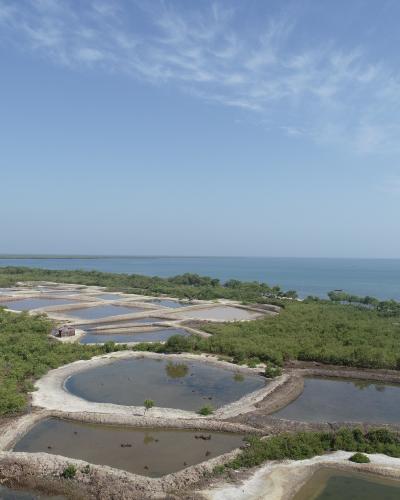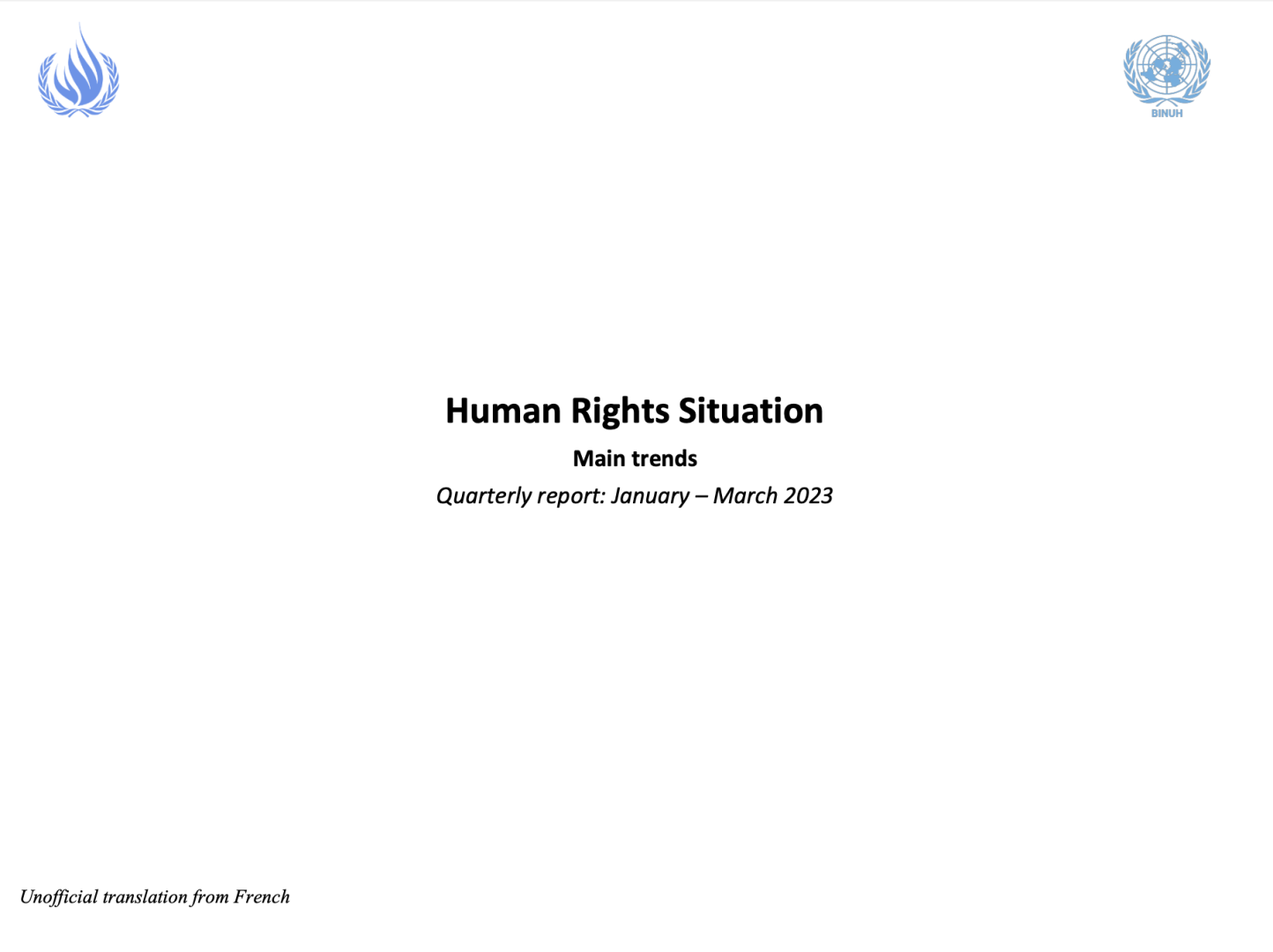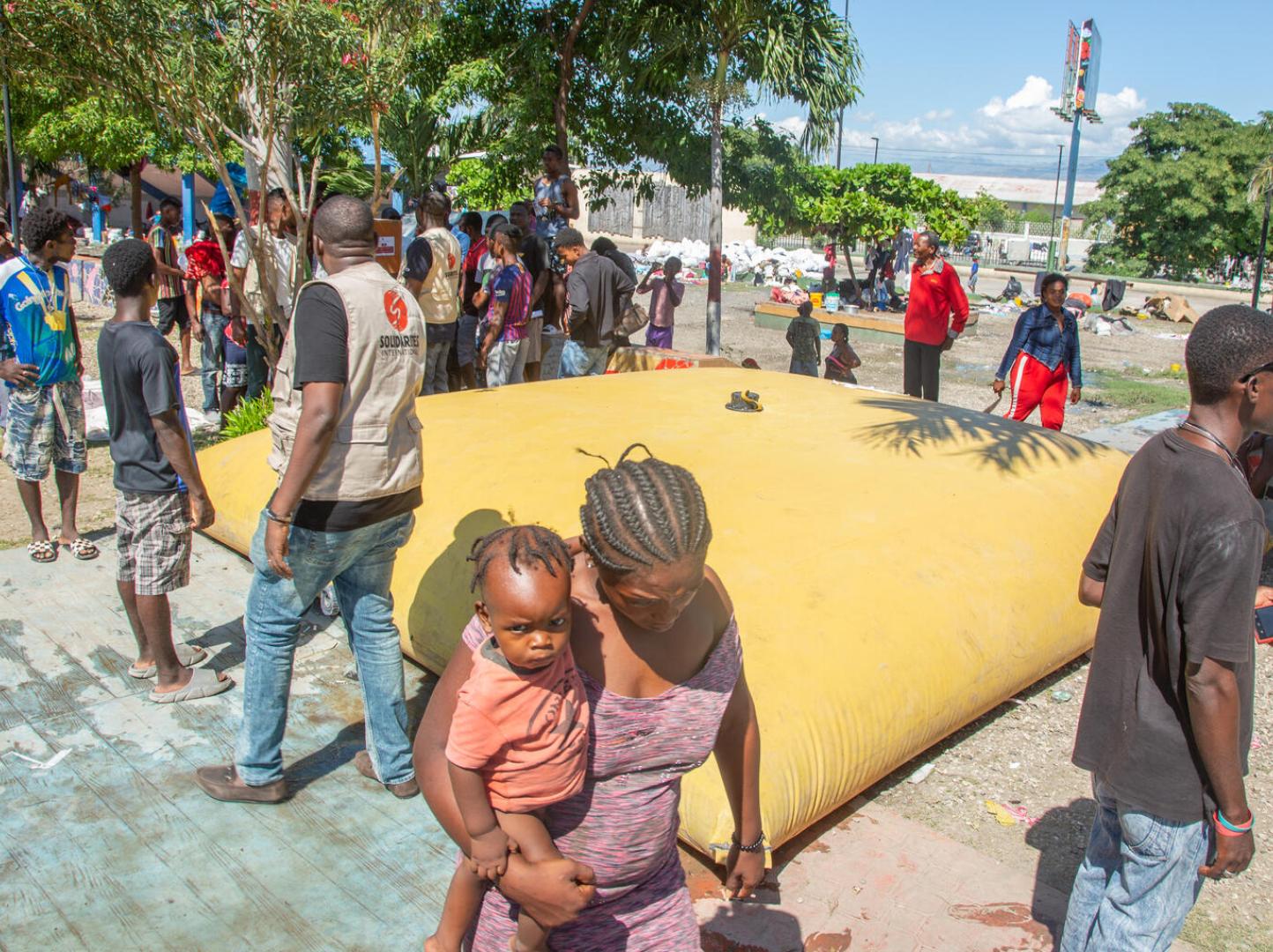Launch of I-BE project

Despite the current difficult situation in Haiti, which has seen the resurgence of gang violence and continues to be characterised by supply challenges, IFAD continued to work with local authorities and, after the signing of the financing agreement earlier this year, the Inclusive Blue Economy Project (I-BE) was launched on 14 December 2022 during an online event attended by the Haitian Minister of Economy and Finance, M. Boisvert; the Minister of Agriculture, M. Charlot; the Minister of Environment, M. Cadet; the Director General of the National Agency for Protected Areas, M. Joseph; and IFAD’s Country Director for Haiti, M. Silveri.
IFAD is a key partner in Haiti’s rural development scenario. Since 1978, its strategies, projects and programmes testify to the Fund’s long-standing commitment against rural poverty, side by side with the Haitian rural population. Guided and owned locally, IFAD’s efforts are leading to increased investments in land and marine development. Within a global context that prioritises humanitarian aid in response to extreme events, IFAD instead focuses on inclusive, resilient and innovative economic initiatives that move away from relief-centred aid, towards sustainable, resilient and inclusive development.
Following IFAD’s strategy in Haiti, whose objective is to reduce rural poverty and strengthen the climate resilience of rural Haitian communities, the Inclusive Blue Economy Project aims to transform the way coastal rural populations, especially women and youth, manage land and marine resources in the north and northeast of Haiti. Conserving these resources provides a source of sustainable income, while combating malnutrition and preserving marine areas’ capacity to support its local populations.
Details on I-BE project
The purpose of the Inclusive Blue Economy Project is to reduce poverty and strengthen the climate resilience of coastal rural populations, by transforming the way such populations manage land and marine resources in the north and northeast of Haiti.
Coordinated by Haiti’s Ministry of Economy and Finance, I-BE represents a total investment of US$26.6 million (US$14 million from IFAD funds) and it is expected to benefit 40,000 people, with a particular focus on women (50 per cent of the beneficiaries) and youth (40 per cent). The project is helping preserve the Three Bays Protected Area by providing economic opportunities to smallholder farmers and artisanal fishermen living in the country’s north-eastern region.
The project is set to allow communities to develop sustainable livelihoods that reduce the pressure on natural resources, such as mangrove forests, coral reefs and watersheds, which are key ecological assets. This pressure poses a worrying threat to the country’s food security in the medium-to-long term. Enhanced fishing techniques and salt production will create synergies that will improve fish processing and marketing. This will make it possible to sell properly salted, dried and smoked fish both locally and elsewhere in Haiti. In parallel, better small animal breeding and vegetable production will allow participating families to improve their diets and earn complementary income.
Lessons learned from I-BE could potentially be used as a basis for policy engagement on sustainable management plans for the other 24 Haitian protected areas and beyond.















